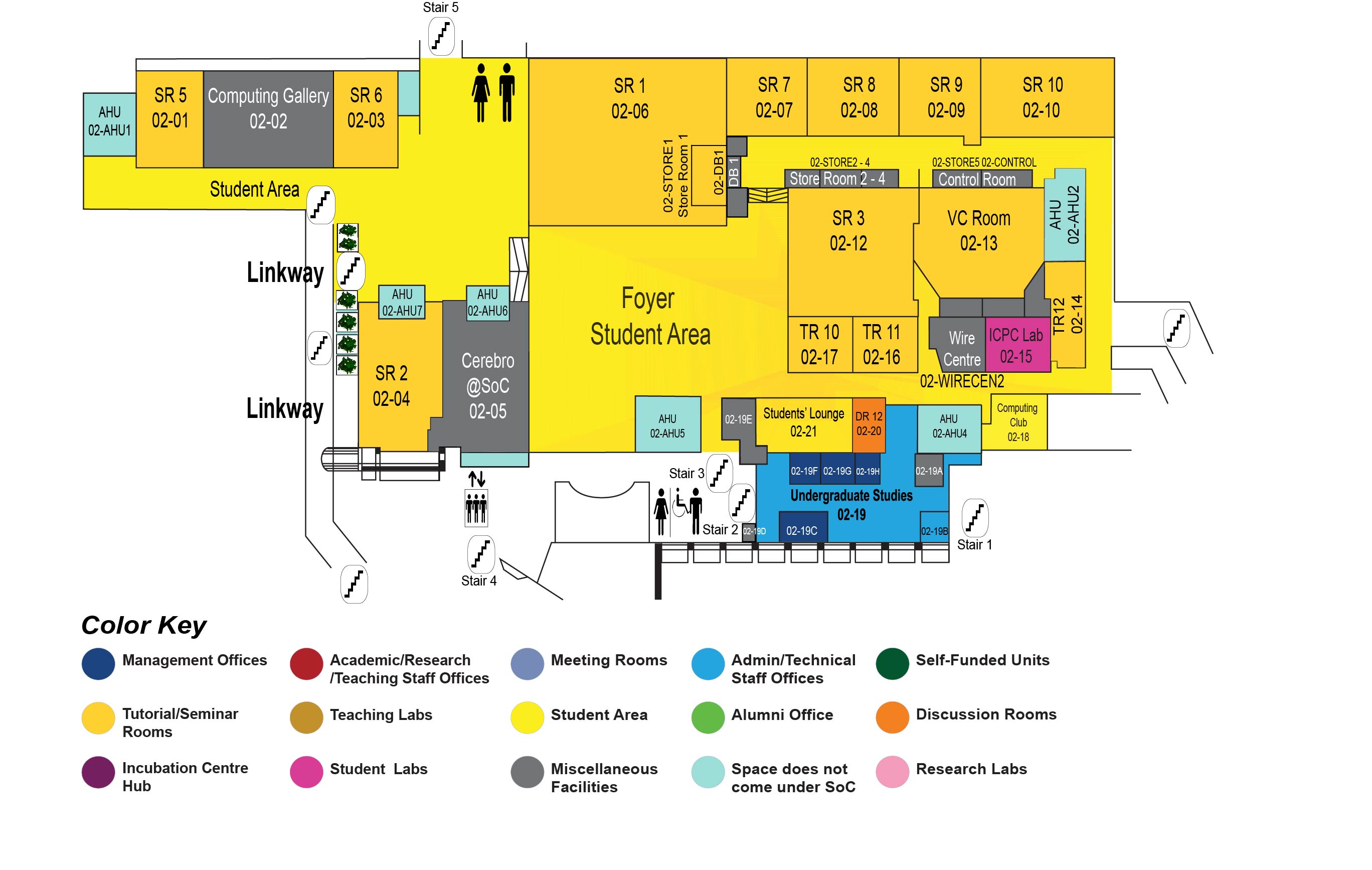Towards Effective Modeling of Successive Preferences
Dr Bryan Hooi Kuen-Yew, Assistant Professor, School of Computing
COM1 Level 2
SR8, COM1-02-08

Abstract:
The increased popularity of web-based platforms, has led to an unprecedented surge of users who perform various activities on these platforms, and therefore, the availability of massive user-related datasets which describe their latent preferences and behaviors. For instance, a rising research interest looks at the modeling of successive preferences from users' sequential data streams, to best learn and provide recommendations, such as recommending the next Point-of-Interest (POI) or location to users from their historical successive visit patterns. However, effective modeling of users' successive preferences remains a challenging task due to various hurdles, which include balancing the explore-exploit trade-offs, data sparsity, the highly dynamic behavioral patterns of users, and others. In this thesis, we will look at three main approaches to model successive preferences, with different location recommendation applications.
First, we propose STP-UDGAT, a novel explore-exploit model that concurrently exploits personalized user preferences, and explores new POI nodes in global spatial, temporal, and preference neighbourhoods, while allowing users to selectively learn from other users. The model seeks to better learn POI-POI relationships across all users in a global view through inter-user POI-POI connections from various graphs, as existing works primarily focus on only learning POI-POI relationships in a local view. Experimental results on six real-world datasets from three different domains of Location-Based Social Networks (LBSN), transportation, and counter-terrorism, demonstrate the effectiveness of the model.
Second, to alleviate the data sparsity problem in location recommendation, we propose HMT-GRN, a model which alleviates sparsity by learning different User-Region matrices of lower sparsities in a multi-task setting. The model incorporates a novel selectivity layer, which predicts if the next POI has been visited before by the user, to determine between personalization or exploration. In addition, we propose a joint training JTLL module to further alleviate the sparsity problem by learning both visited and unvisited relations of users and POIs. The JTLL module includes a designed triplet loss function, which is used to optimize the user and POI parameters via the different relations. Experimental results on two popular LBSN datasets show the effectiveness of the proposed approach, with improved performances over existing methods and baselines.
Lastly, motivated by the lack of origin-awareness in existing location recommender systems for the transportation domain, we present the first work to study the origin-aware next destination recommendation problem, by proposing STOD-PPA, an encoder-decoder model which learns origin-origin (OO), destination-destination (DD), and origin-destination (OD) relationships, based on users' historical taxi riding patterns. The encoder module encodes historical origin and destination sequences by considering spatial and temporal factors from both local and global views. Following, the decoder module decodes the encoded hidden states to best learn the dynamic preferences of users. Experimental results on seven real-world user trajectory taxi datasets from different countries show that our model outperforms baseline methods significantly.

